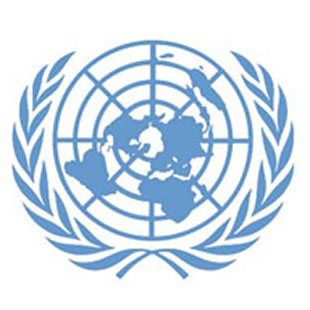
The UK government was called upon to hold companies criminally accountable for serious abuses, including those committed overseas.
A new global study published by the British Institute of International & Comparative Law (BIICL) and Norton Rose Fulbright has found that almost half of businesses never undertake due diligence into human rights risks despite the danger of reputational damage, fines, and legal claims. Out of 152 major companies 51% performed human rights assessments of their operations and supply chain to comply with international regulations, 77% identified actual or potential human rights impacts and 72% recognised adverse effects linked to the activities of their third-party relationships. By contrast, only 19% of respondent companies, who did not conduct due diligence, identified potential or adverse impacts and only 29% found adverse effects linked to their third-party relationships.
Director of the BIICL, Professor Robert McCorquodale, said that national and EU laws had made the human rights performance of companies an increasingly important corporate issue but businesses were still failing to follow the international standard in this area.
In 2011, the United Nations’ Human Rights Council endorsed the Guiding Principles on Business and Human Rights, a set of guidelines for states and companies to prevent, address, and remedy human rights abuses. Yet, according to McCorquodale, these principles are not being followed.
Robin Brooks, a partner at Norton Rose Fulbright, commented, “There is an emerging body of legal claims in a number of different jurisdictions against companies for human rights abuses in their supply chains and we expect this to continue. Businesses must also be mindful of any gap between public statements they make about their approach to human rights and reality.‘Businesses which do not address human rights impacts in their operations in a substantive way may cause adverse human rights impacts and unsubstantiated statements about their human rights practices may be used to establish a duty of care they owed to impacted individuals.”
Companies conducting business in the UK are preparing to publish their annual statements on the steps taken to eradicate slavery and human trafficking in their business and supply chains, pursuant to the Modern Slavery Act. However, there have been renewed demands for the government to do more to tackle corporate crimes.
Amnesty International called on the UK government to hold companies criminally accountable for serious abuses, including those committed oversea. It has developed a set of corporate crime principles to advance the investigation and prosecution of such cases.
A report from the UN Committee on Economic, Social, and Cultural Rights, published in July, recommended that companies operate in a way that properly respected human rights, including a clear regulatory framework and appropriate enforcement mechanisms.



Be the first to comment